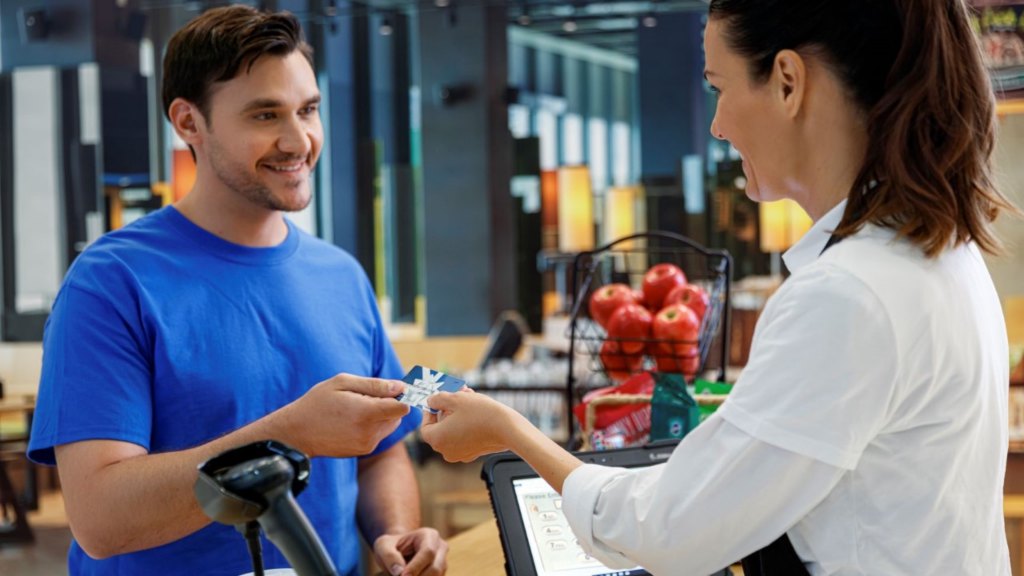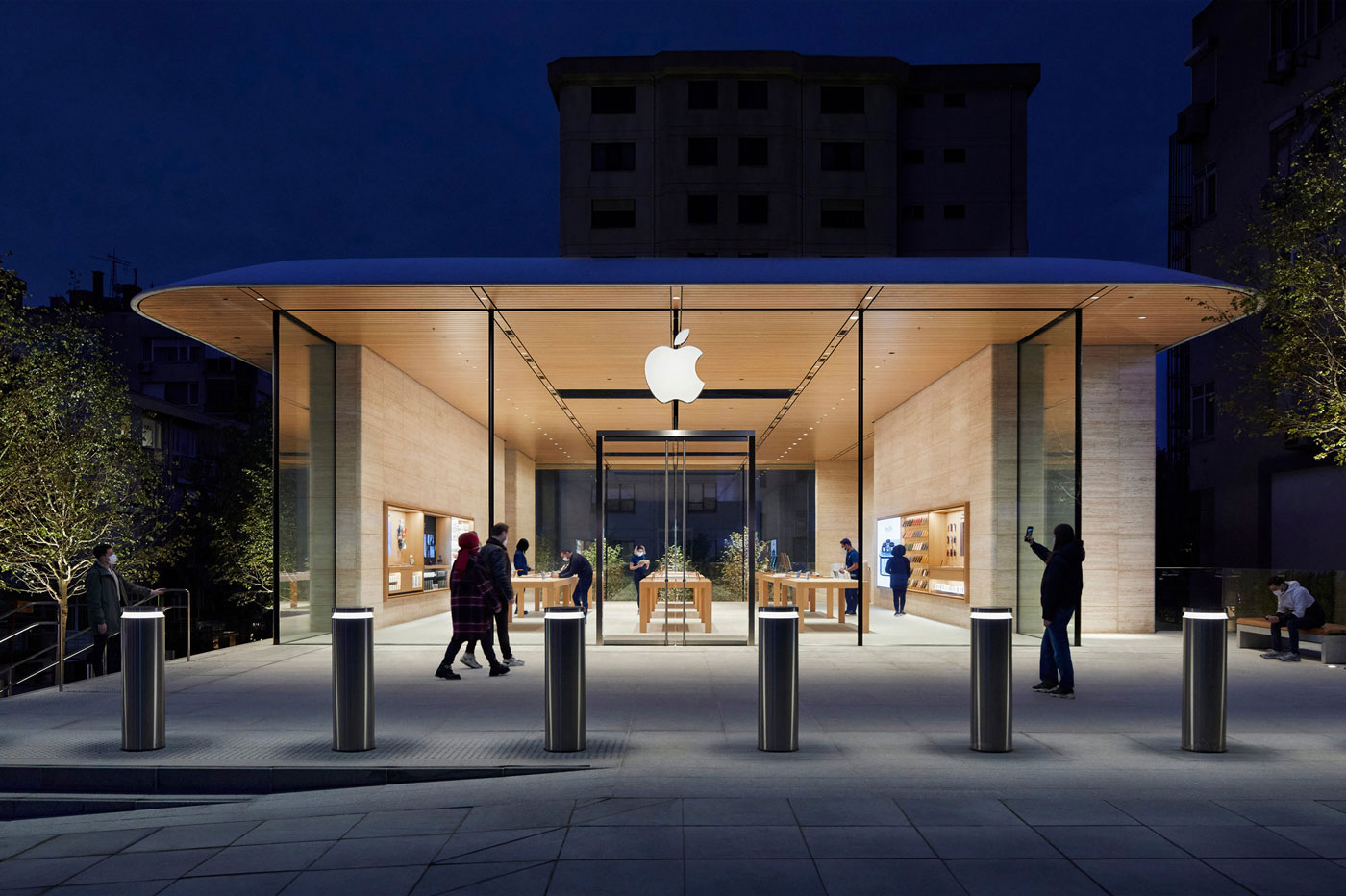
Zebra has shared with the industry hotel and restaurant a series of recommendations to put an end to one of the most harmful elements for the environment: the plastic.
Plastic is clean, durable, shiny, hygienic, keeps our food fresh, and is recyclable. But it is everywhere: in the ocean, on the beaches, in the water, in the air, and even within us. And what is more frightening, between 80% and 85% of marine litter found on the beaches of the European Union (EU) is plastic, and by 2050 there will be more plastic in the sea than fish.
This is why restaurants, retailers, hospitality, and other food and beverage businesses must make changes to be part of the solution, not the problem.
“Consumers expect companies to be more environmentally friendly, plus many governments are requiring it”, says Lorna Hopkins, RFID specialist at Zebra Technologies EMEA. “No doubt, deep down, everyone wants their organization to be more sustainable, firstly because it’s the right thing to do, but also because there’s a younger demographic to whom protecting the planet matters deeply. They are the generation of the future”.
Prohibitions increase
Since July 3, 2021, the Single-Use Plastics Directive prohibit cutlery, plates, straws, drink stirrers, Styrofoam cups, and plastic lids in all EU Member States. Similar legislation will come into force in the UK in October 2023. In the US, states and cities are trying to follow suit as there is no federal legislation dictating the use of plastic.
Although it is the best thing for our planet, these new laws have not benefited the Fast-food restaurants (QSR- quick service restaurant) and other businesses that serve food and beverages. The forced change has likely hit them hard as they have to search for drink lids, straws, coffee stirrers and, on a larger scale, new tubs and containers that can be easily washed and reused. However, those responsible for these businesses cannot pass the buck. They have to prove that the plastics still being used follow a circular process that prevents the team from sending them to a landfill.
You need to demonstrate how many times they are used to know when to recycle them, which means that both asset management systems and staff behavior will also have to change. The good news is that companies are already starting to do just that, smartly adapting to new, greener ways of working, where there is much to learn from their successes.
RFID as part of the solution
A major global fast food chain has already implemented a way to track the plastic containers it uses to store ingredients, prepare dishes, etc., from their production, through their reuse, to their final recycling. The innovative solution includes Radio Frequency Identification (RFID) tags), dishwasher-ready that are applied at the time of manufacture to uniquely identify plastics.
“With a handheld RFID reader, tags are easily read each time items are sent to the dishwasher. When they come back sparkling clean, items are quickly scanned back to the restaurant to ensure there is enough stock for the dayexplains Lorna Hopkins. “Plastics have a finite number of washes before requiring replacement, which depends on what each chain establishes. As soon as they are close to the limit, a software application notifies store managers so they can order new stock.”.
Store staff also benefit from this technology. A screen alerts the team if reusable items have been thrown away – and how many have been thrown away – so they can recover and avoid fines for dumping violations. The solution is easy to install and by always having a real-time view of the life cycle of reusable assets, it helps prevent the loss of plastic items and avoid penalties.
Furthermore, the system is not limited to plastic. It can be used to keep track of other reusable items, reduce food loss and waste. The result is more efficient operation that helps protect the environment, save plastic and money.
“RFID technology is not only designed to help restaurants to keep track of your assets. We have installed thousands of bespoke asset tracking solutions worldwide including but not limited to NFL player tracking, casino chip tracking, designer glasses loss prevention, cactus protection endangered, keeping kitchen pieces together and controlling the distribution of medical cannabis”, concludes Hopkins.



